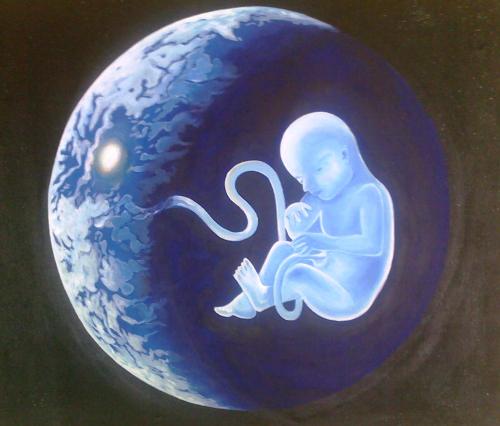 Much as we like to fancy ourselves superior to sheep and cows, we really have a lot in common: we are a herd species. We have leaders and followers, and to spook us requires a well-placed surprise that the "influencer" members pick up, and ka-boom, stampede. To control us, merely convince the same influencers, and we follow en masse. It's the key to many things — for instance, politics. But first the entertainment. (To get a point across, I've noticed that good shepherds open with enticement.)
Much as we like to fancy ourselves superior to sheep and cows, we really have a lot in common: we are a herd species. We have leaders and followers, and to spook us requires a well-placed surprise that the "influencer" members pick up, and ka-boom, stampede. To control us, merely convince the same influencers, and we follow en masse. It's the key to many things — for instance, politics. But first the entertainment. (To get a point across, I've noticed that good shepherds open with enticement.)I just saw a matinee of Pulitzer-winner Paula Vogel's play Indecent, a timely story about our herd propensity. In 1907, a young playwright named Sholem Asch wrote a play called God of Vengeance which was frightening to his Jewish colleagues because it exposed Jews as flawed people. "You can't show this," they rail at him. Nevertheless, the play is put on, is a big hit, tours throughout Europe and eventually lands in New York . . . where it is censored for an uptown production. What is cut out is a love scene between two women. Subsequently, it becomes a play about a Jew who runs a whore house, abuses his lesbian daughter, and disrespects the Torah. And the show is shut down and the cast jailed.
The New York herd was spooked — something had to be done, somebody subdued, trampled, shut up.
The reason that I think this play is important — particularly in our time when political correctness has become a divisive topic — is that it movingly expresses the value of (and price paid for) speaking truth, no matter who may get offended by it or who may use it to bolster arguments for bigotry. In my opinion, this is the tightrope negotiated by all artists who are working to express something bigger than they are. If you really say it, somebody is going to be infuriated. Read More
 First some definitions:
First some definitions: Like many other people, I've been stymied by the fact that facts no longer seem to matter: you can have two photographs of crowds side by side, and someone can call the smaller gathering the larger one with impunity; you can claim to have done more than anybody in history and in fact have done next to nothing; there can exist historical footage quoting you as saying one thing . . . and then the opposite, and you can claim to believe whichever film is more convenient according to the moment. As a friend recently said, "What do you do when it's clearly raining outside and it's now perfectly acceptable to look at it and say, 'It's not raining'?"
Like many other people, I've been stymied by the fact that facts no longer seem to matter: you can have two photographs of crowds side by side, and someone can call the smaller gathering the larger one with impunity; you can claim to have done more than anybody in history and in fact have done next to nothing; there can exist historical footage quoting you as saying one thing . . . and then the opposite, and you can claim to believe whichever film is more convenient according to the moment. As a friend recently said, "What do you do when it's clearly raining outside and it's now perfectly acceptable to look at it and say, 'It's not raining'?"

 This morning’s contemplation: Sometimes you have a sudden awakening—a feeling of lightening; a knowing that, although each of us is ultimately alone, we are something much huger than any one person, something so powerful we would explode if we felt it all the time. If you have felt this just once, it is there for you. It’s like connection to a great mother’s placenta. For me, there was such an awakening during the 1/21
This morning’s contemplation: Sometimes you have a sudden awakening—a feeling of lightening; a knowing that, although each of us is ultimately alone, we are something much huger than any one person, something so powerful we would explode if we felt it all the time. If you have felt this just once, it is there for you. It’s like connection to a great mother’s placenta. For me, there was such an awakening during the 1/21  This is a sincere question and I have no answers.
This is a sincere question and I have no answers.







 Dear Mr. M
Dear Mr. M